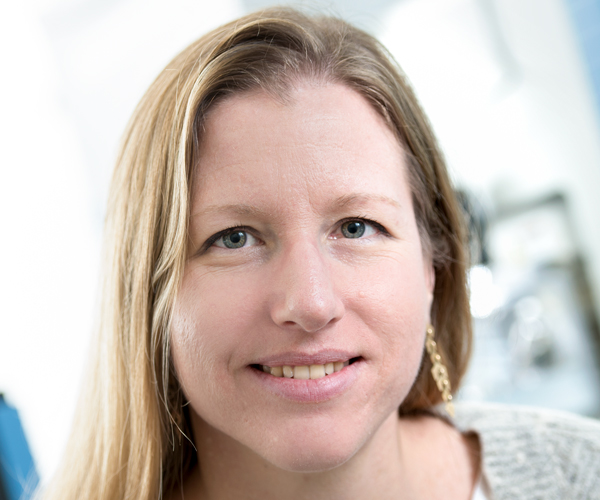
Michal Bassani-Sternberg was named an Assistant Member of the Ludwig Institute for Cancer Research, Lausanne Branch, in January. Michal, who the Link interviewed a couple of issues ago, helped pioneer the field of immunopeptidomics—the use of mass spectrometry and computational analysis to predict which antigens out of the thousands proffered to the immune system’s T cells are most likely to provoke effective immune responses (see research brief on Page 20). Her work is contributing significantly to both basic tumor immunology and the application of that science to cancer therapy. In their basic research, Michal and her colleagues have had considerable success elucidating the rules that make any given antigen immunogenic. More recently, they have sought to elucidate how those rules play out in the context of the immune microenvironment of the tumor, and how that affects immune responses. On the clinical front, Michal’s team has developed a unique and rather complex high-throughput proteogenomics pipeline that can identify in a patient’s tumor the various antigens that are likely to be both presented to T cells of the immune system and to be immunogenic. Her technologies are being applied to the development of personalized cancer vaccines and adoptive T cell therapies under development at Ludwig Lausanne and at the Center of Experimental Therapeutics at the University of Lausanne.
Back to April 2024 Ludwig Link